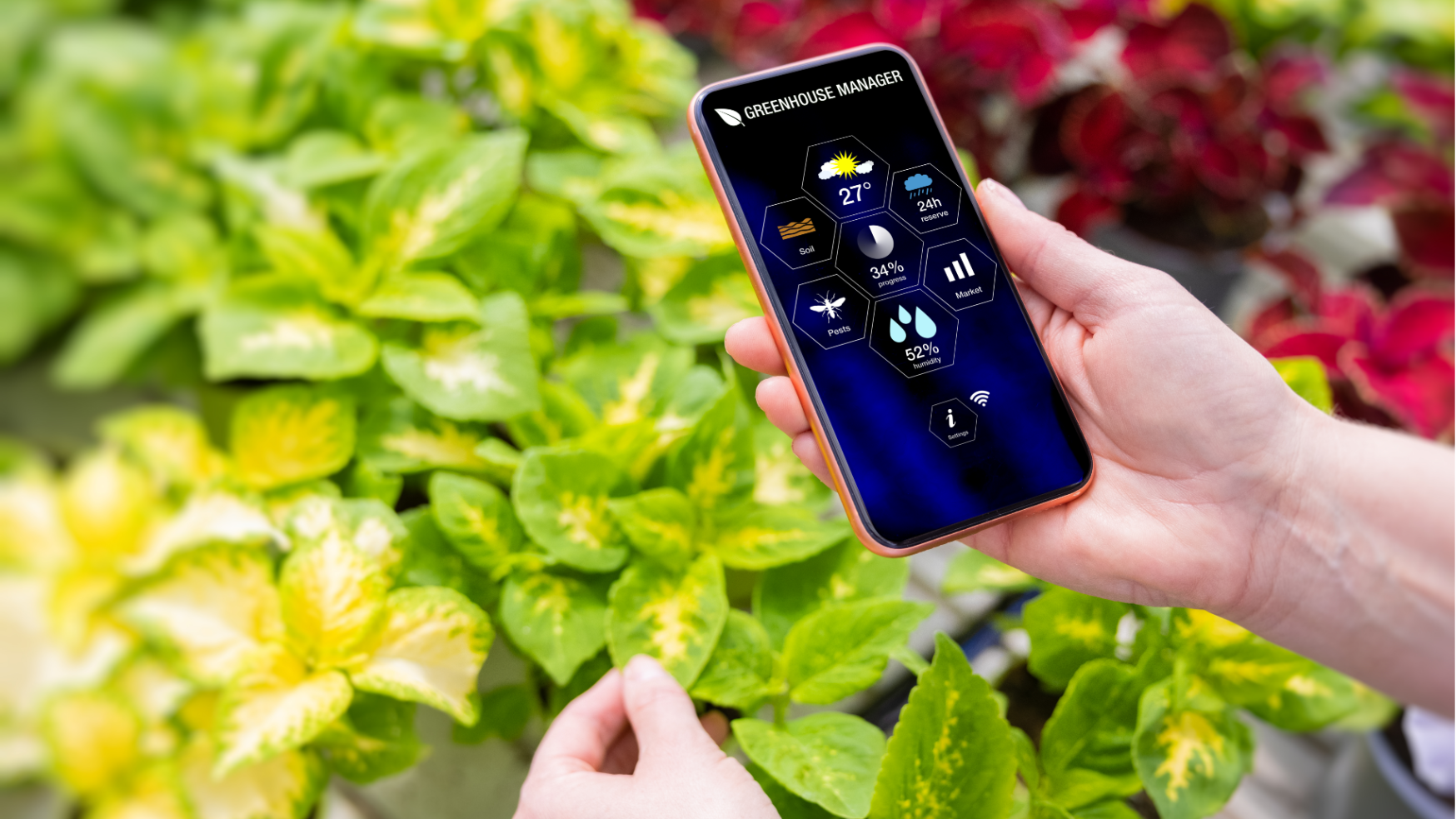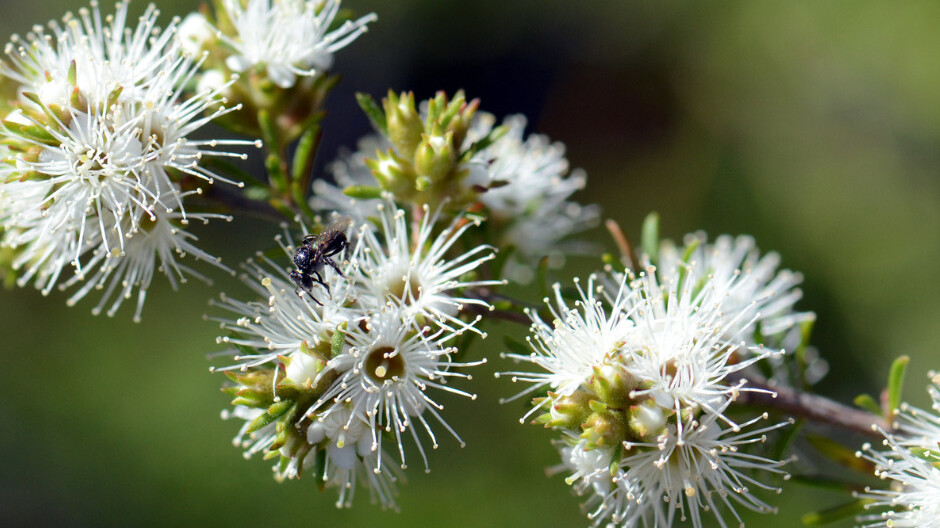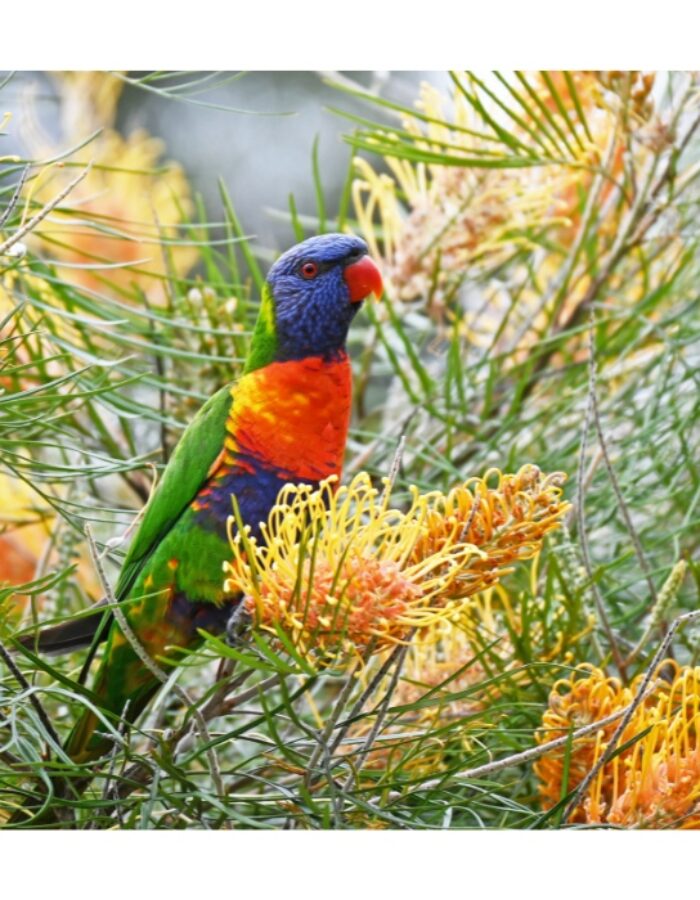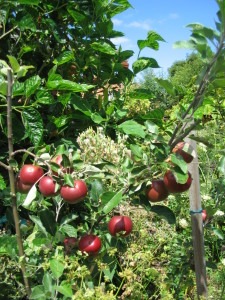
Here’s a great combination in a very small package! And it doesn’t cost much either.
Heirloom seeds (aka heritage seeds) produce great-tasting veggies, fruit and herbs along with seeds you can plant for more great produce next season. An added bonus is that you’ll also be helping to preserve our collective gardening heritage.
Most commercial enterprises grow only a few varieties of any particular fruit, vegetable or herb. It makes sense for them to choose what to grow on the basis of productivity, what can survive transport and storage conditions, and what looks good in the supermarket.
So what’s the problem? Unfortunately, appearances can be deceptive. If those lovely red tomatoes and colourful apples don’t live up to expectations, it could be you’re eating a variety that transports well but lacks the yumminess of older varieties. The older, tastier varieties might have disappeared because they bruise more easily during transport, don’t store well for long periods, or simply aren’t highly productive on the farm or in the orchard.
You may already know you can avoid some of those issues by growing your own produce in the backyard, on your balcony, or in the local community garden. But a growing number of modern varieties are hybrids. And that means any seeds they produce are likely to either be non-viable – they won’t grow into new plants, or any plants that do grow just won’t be as good their parents.
In contrast, heirloom seeds are ‘open-pollinating’. They’re naturally pollinated, most likely by wind, insects or birds. 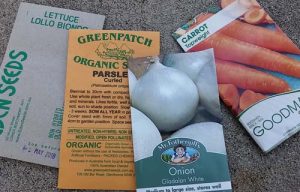 Their seeds will probably grow like the parent plant. However, they could also surprise you as a result of natural genetic variation, something plant breeders have used for centuries to develop new varieties with better or more unusual characteristics. So preserving heritage means using seeds like those in the 2 packets to the left and not the others on the right of this picture.
Their seeds will probably grow like the parent plant. However, they could also surprise you as a result of natural genetic variation, something plant breeders have used for centuries to develop new varieties with better or more unusual characteristics. So preserving heritage means using seeds like those in the 2 packets to the left and not the others on the right of this picture.
Growing plants from seed makes a lot of sense when you’re on a limited budget. Per plant they’re much cheaper than seedlings, and easier to purchase online. Buying heirloom seeds makes sense too, because you won’t have to buy new seeds every year. You could also look for a local seed swapping network to help you broaden your collection.
Sustainable Gardening Australia strongly supports the use of heirloom seeds and most good nurseries and garden centres stock them. Our Friends of SGA (FOSGA) page HERE lists several good heirloom seed suppliers. When you join FOSGA, you can get heirloom seeds at discount prices from these suppliers, which means that using your garden to recreate and share history just got even better!
Further reading
When nature produces plants that set seed, it usually means that this is the best way for the plant to reproduce.
The best reason to grow heirloom veggies may be this: they are dead easy, even for beginner green thumbs!
Cabbages, Brussels sprouts, cauliflower, broccoli, kale, collard greens, kohlrabi and some Asian varieties all come from the ‘wild cabbage’ native to southern and western Europe.
Penny Woodward on sustainability
For over 10,000 years, humans have been breeding vegetables and fruit trees, developing tens and hundreds of thousands of different varieties that can be used in different countries and different climates to feed everyone. But since the early 1900s we’ve lost nearly 90% of those due to industrial agriculture.
Related Articles:
Citizen Science: A Pathway to Gardening Success and Biodiversity Conservation
In recent years, the realm of science has experienced a remarkable transformation, one that invites people from all walks of life to participate…
Wildflower gardens – What’s the buzz about?
In the quest for sustainable and environmentally conscious practices, gardening enthusiasts and nature lovers alike are turning to a time-tested…


